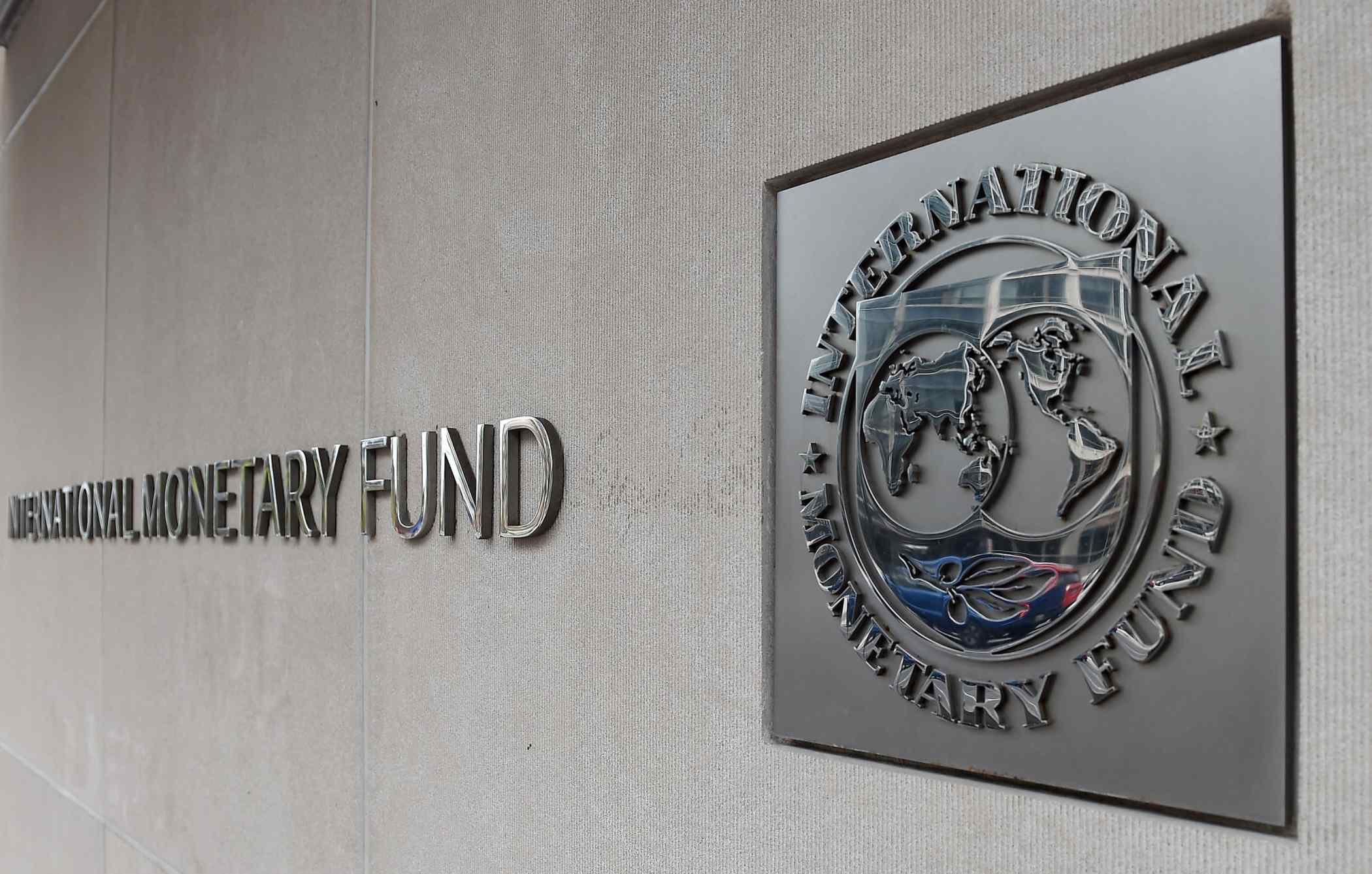The International Monetary Fund has increased its global growth forecast for 2025 to 3 per cent but warns that the outlook remains fragile due to ongoing trade risks and rising inflation pressures in some regions.
The latest World Economic Outlook report highlights a temporary easing of trade tensions, helped by the US’s decision to pause heightened tariffs for 90 days, which has supported global economic resilience so far.
Most regions are expected to see modest growth improvements this year and next. Sub-Saharan Africa’s economy is forecast to expand by 4 per cent in 2025 and 4.3 per cent in 2026.
Advanced economies are predicted to grow by 1.5 per cent in 2025 and 1.6 per cent the following year, while emerging markets and developing economies are projected to grow at 4.1 per cent next year.
“The modest decline in trade tensions, however fragile, has contributed to the resilience of the global economy so far,” the IMF report states. Still, the lender cautions that the improvements could be temporary and that risks remain high.
Trade uncertainties could rise again once the tariff pause ends on August 1, or if existing trade agreements break down. The IMF notes, “Tariffs could well reset at much higher levels once the ‘pause’ expires on August 1 or if existing deals unravel. If this were the case, model-based simulations suggest global output would be 0.3 per cent lower in 2026.”
In addition to trade concerns, the IMF points to inflation pressures that are gradually increasing in the US.
Although global inflation has been declining overall, the latest data show US import prices have remained stable or risen, suggesting firms may pass on higher costs to consumers soon.
The report also emphasizes that global growth, while improving, remains below levels before the COVID-19 pandemic.
Compared to forecasts made before April 2 this year, global growth projections have been lowered by 0.2 percentage points for 2025.
The IMF warns that the global trade share of output is expected to shrink from 57 per cent in 2024 to 53 per cent by 2030, indicating a longer-term decline in international trade’s role in the economy.
Geopolitical risks also remain a concern, despite some easing in the conflict between Israel and Iran. The IMF notes that supply disruptions could still occur and add uncertainty to the global outlook.
Lastly, the fund highlights the dangers posed by high public debt and persistent deficits in many countries. Limited fiscal space makes these nations vulnerable to sudden financial tightening and rising borrowing costs, which could slow growth further.
Overall, while the IMF sees positive signs in the global economy, it urges caution due to the complex mix of trade, inflation, geopolitical, and fiscal challenges that could undermine recovery in the coming years.

